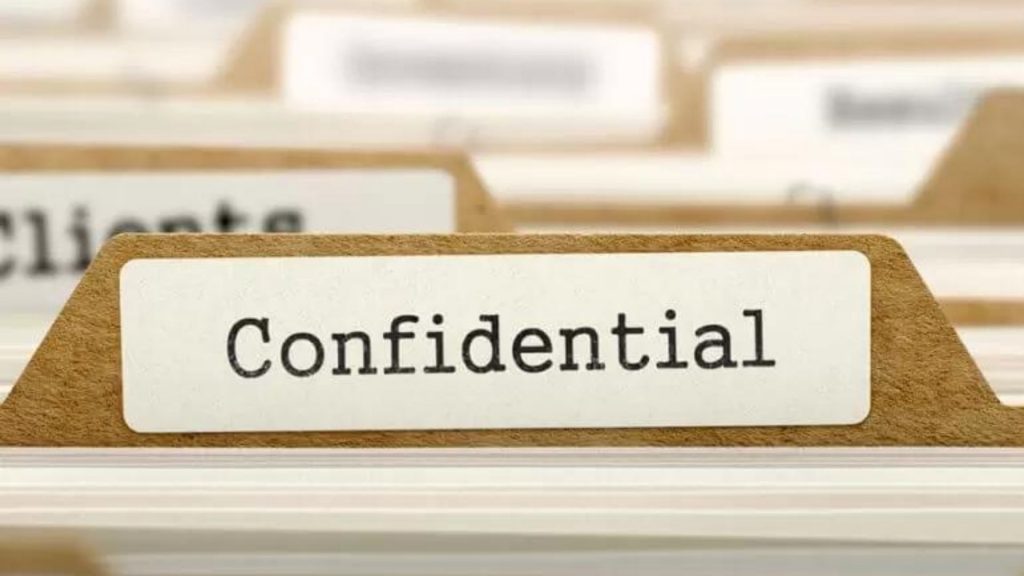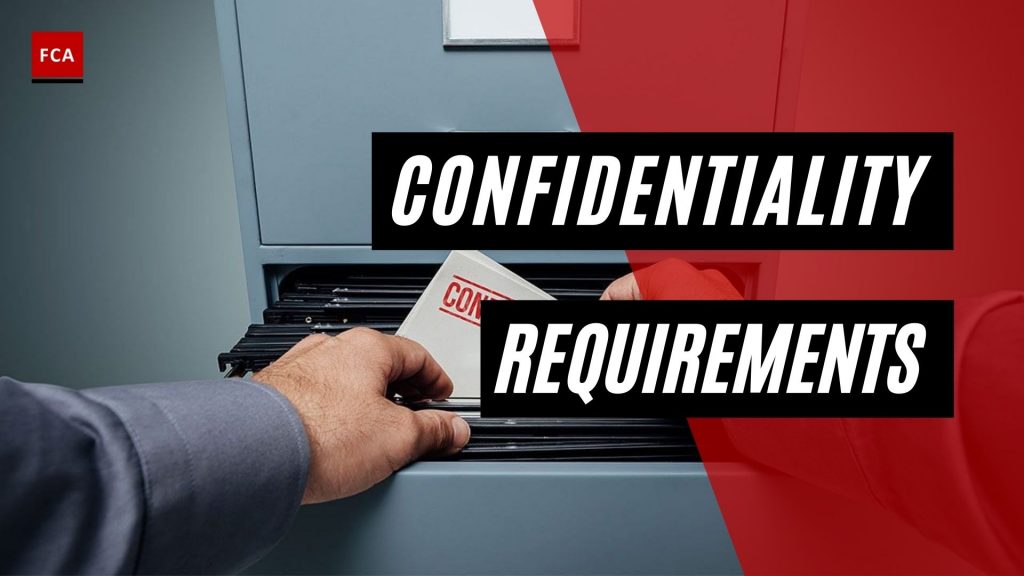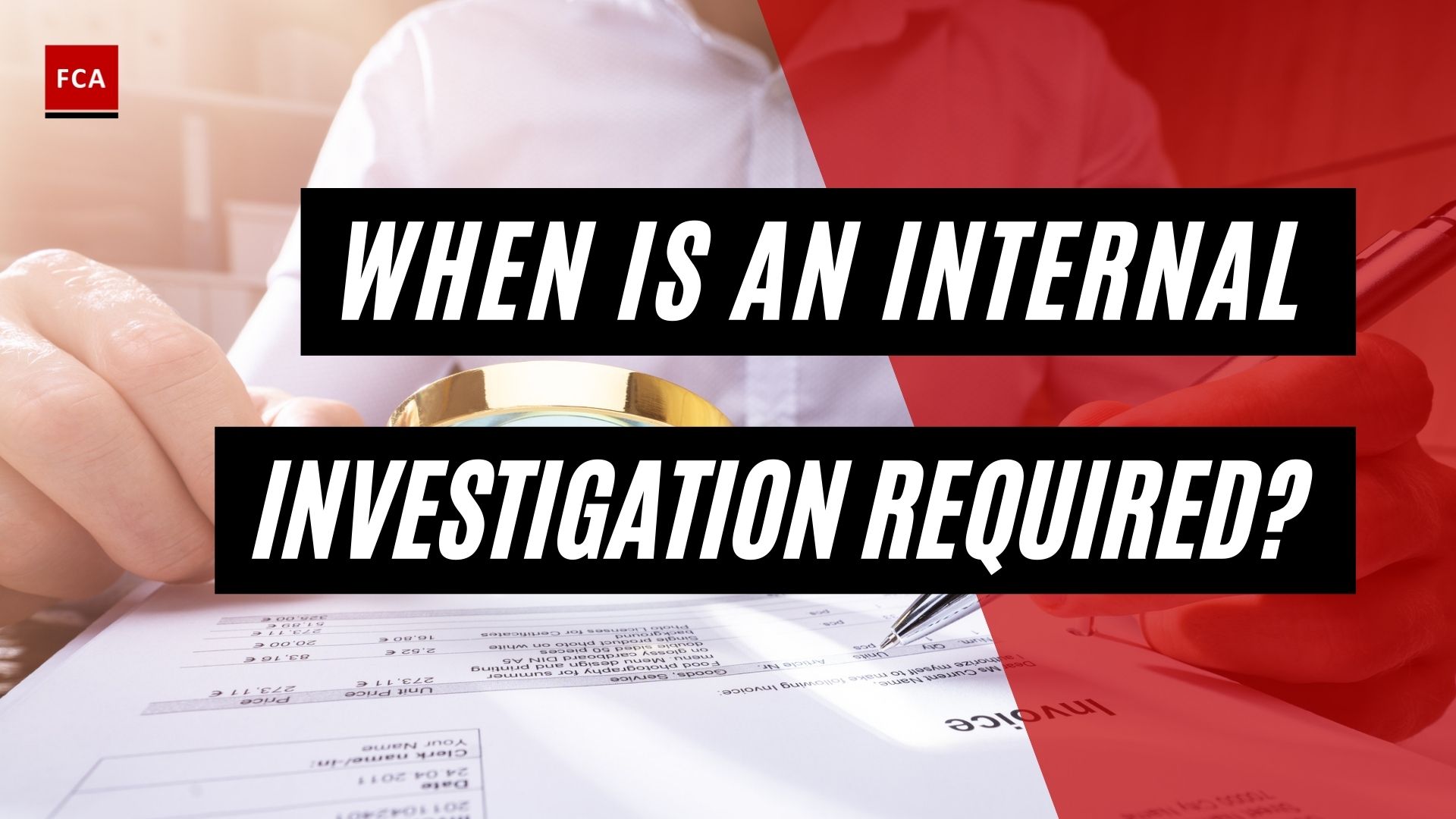Confidentiality requirements. Duty of confidentiality simply means that investigators have been entrusted with keeping information to themselves and only use it for investigation. Most of the information collected during an investigation will be confidential.

Confidentiality Requirements
Keeping the identity of the source confidential
The identity of the person or people who provide information should be concealed. Do not release any information that might reveal, or tend to reveal, the identity of the source. Doing so can have detrimental effects on the source and may reduce employees’ trust in the investigation. Discuss any fears the source may have with them if their identity is revealed.
Even if the source consents to his or her identity to be revealed, only disclose this information when it is necessary to do so. This will help safeguard the integrity of the investigation, protect the source, and contribute to a general understanding within the workplace that the identity of a source will be kept confidential.
Confidentiality of the subject and those involved.
Wherever possible, the subject matter of the investigation and the identity of the subject of the investigation, and that of any other people involved should be kept confidential. The investigation is not complete until a report is prepared. The report is the appropriate place to discuss the details of an investigation and the conduct of particular individuals. If anyone requests information about an investigation, ask the question: “Does the person need to know the information?” If the answer to this question is no, then it must be dealt with by neither confirming nor denying that an investigation is planned or underway.
Confidentiality of information
As an investigator, probably the most important weapon in their armory is the confidentiality of the information gathered. As the body of investigation information builds, the reliability of fresh information can be assessed by analyzing how it contrasts with information already obtained and considering the implications of this. Where a witness’s account contrasts with other highly reliable information, less credit may be attached to this new information unless the divergence can be explained. Another witness whose account conforms with other information, even information that the witness could not have known or anticipated, has greater credit.
This benefit can be undone if the information is not kept confidential. A witness who has access to other information that has been released may unintentionally adopt (or intentionally and falsely adapt) their account so that it is consistent with this other information. Even a witness who is attempting to give honest information may be affected by access to other information. Their account may be “contaminated” by this access.
Some traps to avoid
During the investigation, avoid putting information on an unsecured computer; leaving documents on a photocopier or a printer; leaving incoming or outgoing faxes on a fax machine; interviewing people in places where they can be seen or heard; giving confidential information to others to copy, type, address or send; not blacking out names, addresses, or phone numbers on some documents; leaving messages on desks or phone services; sending sensitive material by mail.
Gossip
Unfortunately, gossip can occur in any organization and cannot be controlled. Confidentiality means that information is not disclosed to outsiders. Care must be taken to indulge in gossip concerning an ongoing investigation.
Do not promise anonymity
It might not be possible to keep the identity of a person or people who provide information completely secret. The person should be made aware of this fact. Consider the person’s concerns and make efforts to conceal their identity if appropriate, but explain that their details may need to be revealed to properly conduct the investigation. Information may also be required to send to other external regulatory bodies.
Dealing with media interest
There’s a chance the media could receive information about the investigation from a member of the public or an employee. The organization’s media policy, therefore, should be appropriately followed, and an authorized media liaisons officer should be made aware that they may be contacted by the media about the investigation. The safe response is to direct any media to the organization’s media liaison officer and advise them to use the “I can neither confirm nor deny” approach for any questions regarding the investigation.
Given that this is an unusual approach to dealing with the media, the media liaison officer should be made aware of why this tactic is being employed (for example, to prevent compromising the investigation or hindering its progress).
Final Thoughts
Confidentiality Requirements refer to the Tenant’s reasonable requirements from time to time designed to protect its intellectual property rights and the security of the Premises and its staff; however, the requirements shall not prevent access from being gained.









